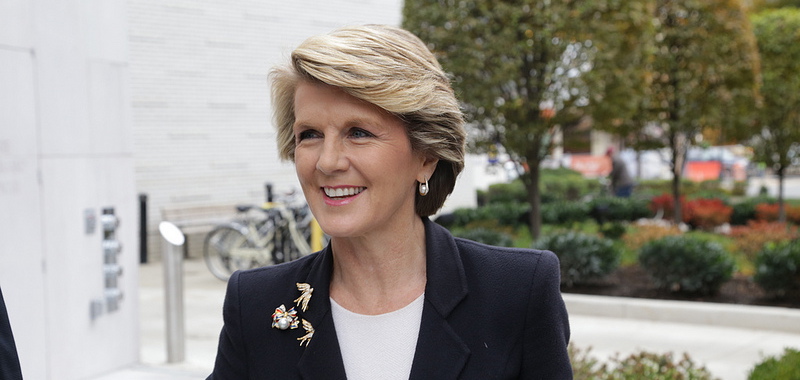Reactions to Australia’s ‘New Aid Paradigm’

The Australian Government’s announcement of a new aid policy has received a broadly positive response from aid groups.
The Minister for Foreign Affairs announced a new aid paradigm last week that will focus on the two strategic goals of human development and private sector development. Under this, six priority areas have been identified: infrastructure and trade, agriculture and resource management projects, good governance, health and education, humanitarian assistance and the empowerment of women. Funding for these projects will mainly be spent in the Indo-Pacific region with 90% of AusAID’s budget allocated to the region.
So far reactions have been relatively positive with the programme being most praised for its focus on aid effectiveness and gender issues though many NGOs are only cautiously backing the policy.
Support for the new aid strategy from the NGO and INGO community includes:
- Save the Children Australia has shown support for the use of performance benchmarks, focus on the Asia-Pacific region in the past and says in relation to the new aid policy “we need the drive of the private sector and the discipline that they bring.”
- World Vision finds the focus on the private sector interesting and thinks that the innovation fund has the potential to reach the region’s most vulnerable
- ACFID specifically supports the focus on women’s empowerment, health and education, governance, agriculture, fisheries and water and private sector engagement
- Plan International Australia is “pleased that the aid program will be guided by transparent priorities and strong effectiveness measures.”
- IWDA welcomed the leadership and commitment to the advancement of women
- UNICEF Australia confirmed its commitment to helping the government under the new programme and said the government’s “move from a model of ‘donor-recipient’ to economic partnership was an opportunity to tackle challenging dynamics… that were inclusive of all sectors.”
While largely supported, NGOs and INGOs have also shown some concern:
- Most aid groups are critical of the government cutting $8 billion from its foreign aid budget
- ActionAid did not support the paradigm’s main focus on economic growth
- Plan International Australia has stated that it would be disappointed if the focus on economics and trade overlooks the poorest 20%
- IWDA notes that the paradigm should be careful to not exacerbate inequality by narrowly looking at any one sector in isolation from one another
- Oxfam Australia is concerned that unless private sector entities “operate ethically, sustainably and with respect for human rights” inclusion of the private sector will not reach those who need it most. Oxfam also maintains “focus must always be on delivering real change in the lives of poor and marginalised people.”
Some academics have also weighed in and shown their support, following the lead of aid agencies:
- Stephen Howes and Joel Negin note the similarities between the paradigm and its predecessors. They find the new target for aid effectiveness, set at 85%, positive and ambitious.
- Also of note is the fact that the provision of the $140 million innovation fund and willingness to take risks appears to be supported by the majority of everyday Australians as can be seen in the Development Policy Centre’s 2013 Australian Aid Stakeholder Survey
By contrast, other academics have also shown concern:
- Susan Rimmer does not agree with cuts to international aid budget and thinks that Australia will regret low investment in international relations and agents of soft power
- Former Tonga Finance Minister Siosiua Utoikamanu thinks that focus on working with the private sector might be hard based on Pacific Islands’ private sector’s strained capacities.
The fact that this shift in foreign aid policy has come after the consolidation of AusAID and DFAT shows the new government’s commitment further to strengthen its economic diplomacy tools. While there has been some debate on the specifics of operationalising the plan, it has been met with relatively widespread support from representatives of many foreign aid subsectors.
Craig Beyerinck is an intern at the Australian Institute of International Affairs National Office. He can be reached at intern4@20.185.176.227.


